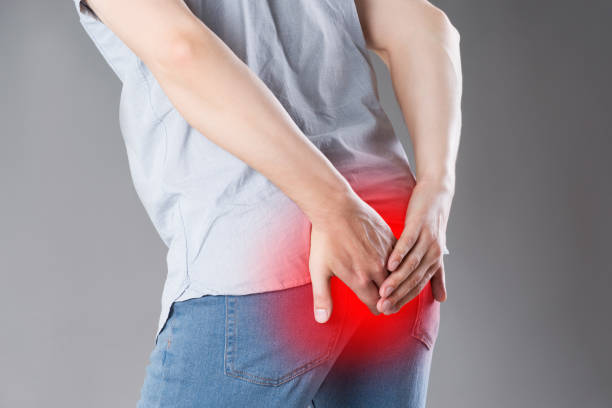With students returning to the classroom, a former common ailment has also reared its ugly head: pilonidal sinus and cyst diseases! Over the past year, the amount of pilonidal cyst cases has skyrocketed around the globe!
Any pilonidal infection of cyst is caused near the top of the buttocks. This happens after hair or other infections are forced back into the skin leading to infection. This leads to pain over the tailbone, bloody and pus-filled infections, and a painful swelling over the tailbone.
While most minor cases of pilonidal cysts can be cured with pain management, and proper posture training, moderate cases may require surgery.
The good news is that even moderate cases of pilonidal cysts can be cured with small incisions. These incisions allow the cyst to drain blood and puss and is bandaged up with gauze. It is important that during this process the gauze surrounding the cyst is changed often to avoid reinfection.
If you or a loved one have any questions in regards to pain in the tailbone, contact a medical professional today.

